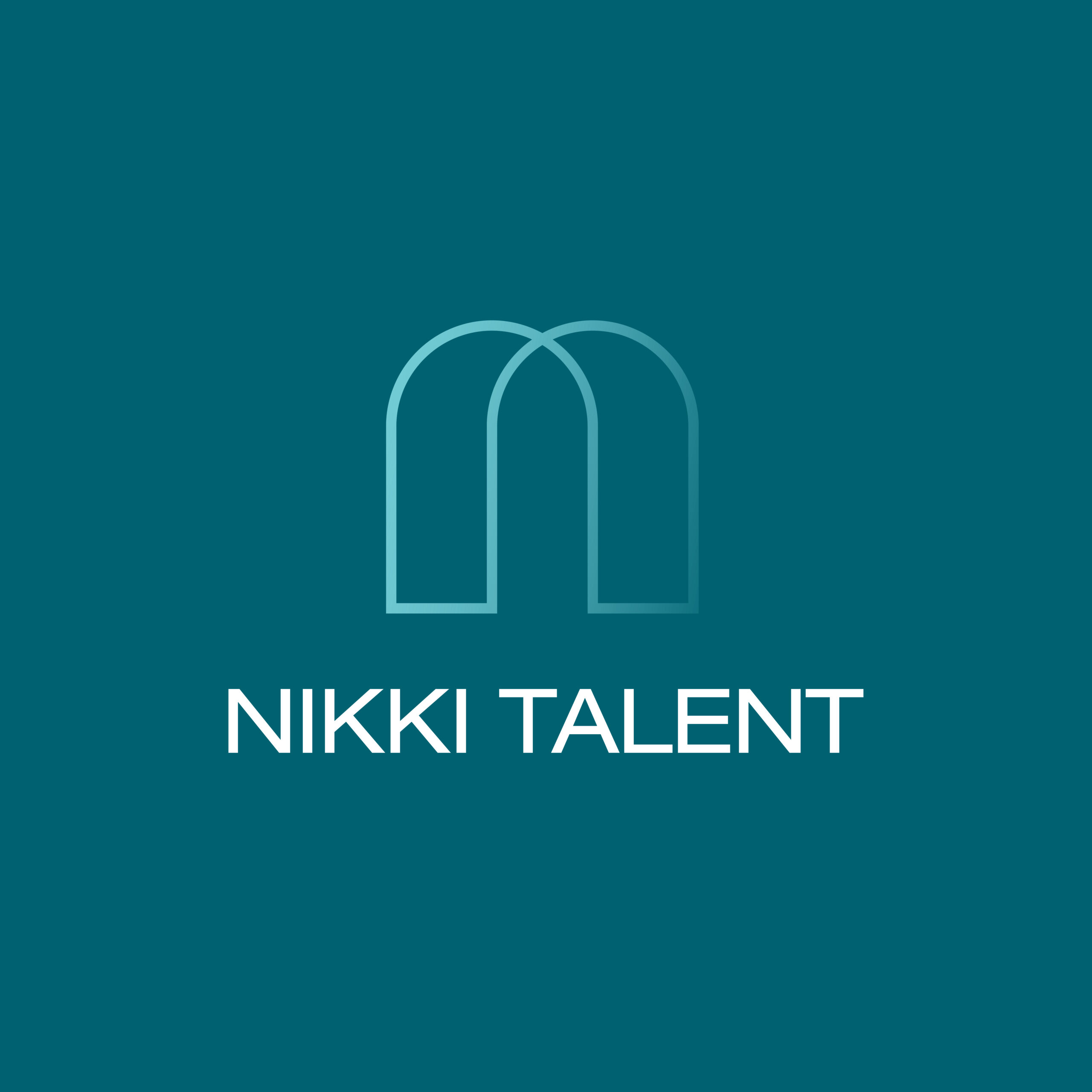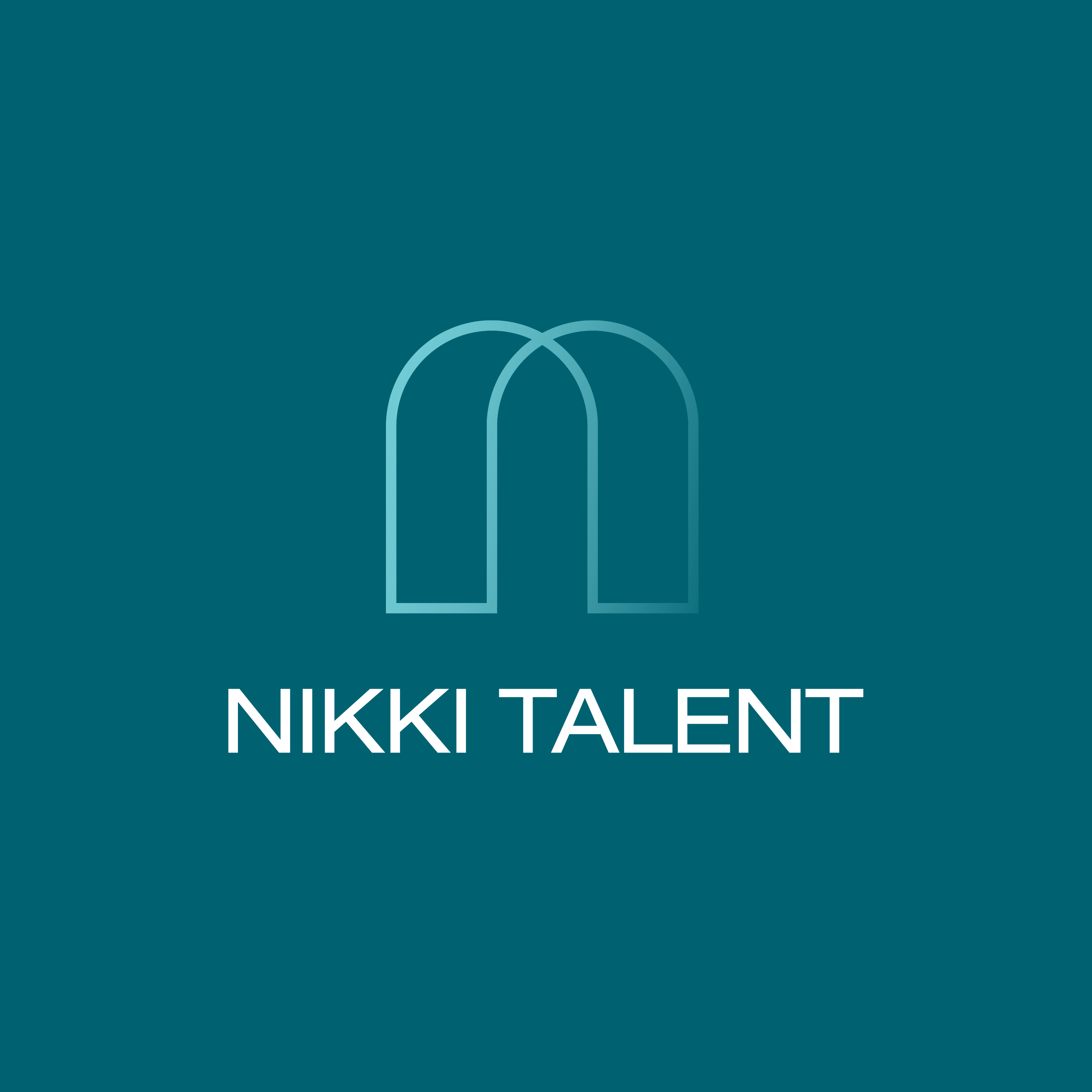Effective Interview Preparation Guide
Interview Preparation to set yourself up for interview success
Interview preparation is a crucial step in the job search process. Ideally, in an interview situation, your answers will be considered, knowledgeable and succinct.
This is a guide that breaks down the preparation I’d advise anyone to do before stepping into an interview. Of course, you never know what an interview will be like until you’re actually in it. Differing factors include the interviewers personal style, if it’s a panel interview or their clarity on the role requirements. The best you can do beforehand is to prepare thoroughly for the interview.
Company Research
Get to know the company, taking into consideration the below points.
- Review the company’s values if you have access to them. Think about if you align with the values, if they represent your own and how.
- Look at the origins of the company. Are they a start up with the founders still very active and involved, or a multinational. How would this impact the business operations, the culture and your role?
- Research the leadership team. Who are the company’s senior executives, look into their backgrounds and careers.
- Research the wider teams. Do they, in general, seem to have long tenures? Are they proud ambassadors of the company online?
- Build an understanding of their business model and expansion goals and where you role fits within these.
- Review their overarching mission statement. Think about how your individual role would contribute to achieving that.
- Keep an eye on industry news regarding the company. Stay up to date with any major changes, acquisitions, client wins, brand changes or new product or service developments.
- Research their business model. Is it a flat structure, or a multi layered hierarchy.
- Familiarise yourself with their main competitors and their unique place in the market.
Social Media
Use social media to discover more about the company’s culture and values.
- LinkedIn is really helpful to look at key managers, their career histories and to research the person interviewing you. Don’t worry about the person interviewing you being able to see if you looked at their profile, they’ll be impressed that you are doing research. Or, make your profile private if it worries you.
- Look at the company’s ‘about’ page on LinkedIn as it often provides insights into their office culture. Some company social pages, such as Instagram, often show more lighthearted employee driven content. Photos from office gatherings, team building days and behind the scenes content show you how the employees interact with each other. You can see if it’s a sociable environment, if the language of the posts is supportive and how they celebrate colleagues wins.
- Follow them on LinkedIn as this demonstrates that you are interested professionally in seeing their updates.
Their Work
Get to know their products, services and work.
- Look thoroughly at their business output. What do they create, how do they make money, what services do they supply?
- Be ready to talk articulately about on what they’ve created, their products and services. Have opinions on these. Be able to explain why you like the work, what you admire, why the prospect of working on these products, brands or clients excites you.
- Often an interviewer will ask you for your thoughts on a particular campaign, product or service of theirs and you need to be able to fluently bring your opinions to life in an engaged, constructive and insightful manner.
The Market
Have solid knowledge of the market industry they operate in.
- Know their main competitors and their style. Have some thoughts as to why you’ve chosen to interview with this specific company. What sets them apart and why do you want to work with them.
- Have insights into the industry’s pressure points, areas of innovation and growth. Consider what is happening on a global scale. For example, if it’s an automotive client or company, then think about what’s happening with tech for self driving cars. You don’t need much information here, more of a rounded and informed perspective.
Your Own Values
To be effective at interviews, you need to know your own values, career objectives and to have a clear idea of what you are looking for in a company and team.
- Be able to articulate what you’re good at, where you need to learn, what you need from a manager, the kind of work culture and environment you would thrive in. Companies all have their corporate values. Sometimes you can see these on their website, but often you don’t have access to them until interview stage. Either way, set your own personal values and draw back on these whilst interviewing.
- Try to supplement your answers by referring back to your values and experiences. For example, you could bring to life your personal value of being a supportive team player by demonstrating how you’ve assisted team members currently or in the past.
Prepare Questions For Them
This is such an important point. Throughout the interview, the interviewer will inevitably have answered a lot of your pre-prepared questions. You may need to prepare more questions than you think you’ll need. Carefully consider what you’d like to ask and what you need to know to make an informed career decision.
- The best way to ensure that you are never in this position is to write down your questions in a notebook or iPad and to bring it to the interview with you. Keep them aside and if you cannot think of any questions at the end, say “you’ve answered most of my questions already, but I’ll check my list, as I wrote many down whilst I was preparing for the interview.” Interviewers love this, as trust me, many hiring managers find interviewing to be quite stressful themselves. They feel under pressure to make the right decision, to keep the conversation flowing, to have enough questions to ask and much more. When the candidate shows interest by asking intelligent and thought out questions, they really come to life.
- Remember that as much as they are interviewing you, you need to use this time to find out what you need to know about the company.
Conclusion
When doing interview preparation, there is a balance between absorbing information about the company, their industry, their leaders and managers, whilst showcasing your own unique talents, skills, career history and personal values.
Equipped with the relevant information you need about the company and interviewer, you can really shine and bring out your enthusiasm, knowledge and skills.
If you would like to run through interview preparation over a call, then please feel free to reach out for confidential conversation and a mock interview session with feedback.


